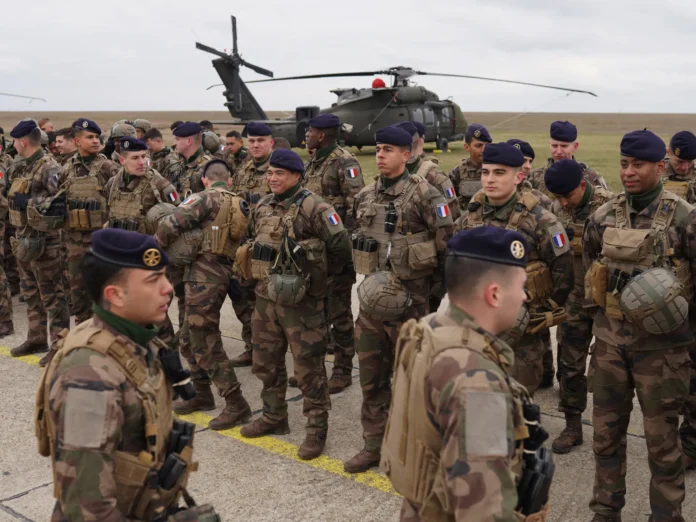Author: Muhammed Lütfi Türkcan
Affiliation: TRT World Research Centre
Organization/Publisher: TRT World Research Centre
Date/Place: March 4, 2022/Istanbul, Turkey
Type of Literature: Policy Outlook
Number of Pages: 6
Link: https://researchcentre.trtworld.com/featured/the-russia-ukraine-war-and-the-european-security-order/
Keywords: Russia, Ukraine, European Union, NATO, Security, and Unity
Brief:
The author in this policy paper discusses the European Union and NATO’s coordination to counter the Russian threat in Ukraine. The initial disunity between NATO and the West appears to have faded away since Russia has become the common enemy. The author explains that NATO and the EU will use the war in Ukraine and its economic consequences in order to maintain this cooperation for the European security order in the long run. Since December 2021, Russia had started deploying its troops near the Ukrainian border. Russia also issued a list of demands for the US to avoid military conflict in Ukraine. The list included: banning Ukraine from joining NATO and withdrawing forces from the countries that joined NATO after 1997. NATO found all these demands unacceptable. NATO’s disagreement provoked Russia to take action in the Ukraine, a red line for the Russians that when crossed required it to challenge the expanding “peace and stability” order in Europe. The Russian threat has left European security at the risk of returning to an era marked by geopolitical contestations, the sphere of influence politics, and great power competition in Europe. The NATO enlargement in Ukraine is believed to be the primary underlying reason contributing to the growing tensions between Russia and the West. But this crisis is arguably thought to have revived NATO, the same NATO that Trump referred to as irrelevant. The European Union has also announced to finance 500 million dollars worth of weapons to be delivered to Ukraine. The levels of insecurities are so high that European countries might increase their defense budget and lead Europe to a wave of militarization. Germany has already increased more than 2% of its GDP to defense spending.
By: Ruby Clayton, CIGA Research Associate




